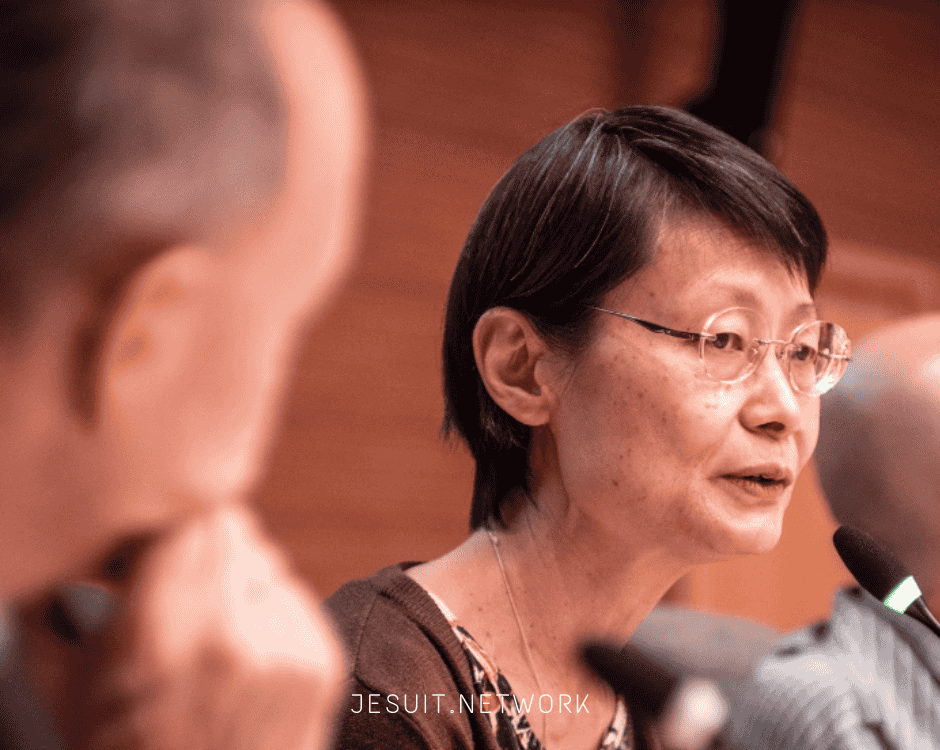Este sitio web utiliza cookies para que podamos ofrecerle la mejor experiencia de usuario posible. La información sobre cookies se almacena en su navegador y realiza funciones como reconocerle cuando vuelve a nuestro sitio web y ayudar a nuestro equipo a comprender qué secciones del sitio web le resultan más interesantes y útiles.
Dominican Republic: Protests Against the Withdrawal of Citizenship
Sometimes justice prevails. And this does not usually happen by chance, but as the result of many efforts that bring thousands of people and organizations together to achieve a common goal.
I am writing on my return from the Dominican Republic, where, since last October, there has been a considerable campaign in civil society, involving various national groups and also international organizations both within the country and abroad. The campaign has been against the controversial verdict of the Constitutional Tribunal that stripped tens of thousands of Dominican citizens of foreign descent, particularly Haitian, of their citizenship.
The results for these people have been terrible. Their rights have been violated, and they cannot access basic social services. “If you don’t have your identity document, you don’t get anything”, said Juan Alberto, a member of Reconocido, a movement of those affected by the verdict. The verdict has also harmed these people’s self-esteem and the way others treat them. As Rosa Iris, also a member of Reconocido, puts it: “It’s not easy when you feel discriminated against in your own country”. “I was ashamed of my family name because it’s Haitian”, added Isidro.
Civil and International Protest
However, thanks to national and international pressure, there has now been passed a so-called special law of naturalization. Within the country, Jesuit organizations, like the Centro Bonó and the Jesuit Social Centres have played a key role, in enabling those affected to come together and claim their rights, and in making links between different local and international organizations, churches, personalities and fora that seek to defend the most vulnerable. They have also made contact with organizations elsewhere, increasing the volume of the protest. The networking and solidarity has reached major international organizations, the European Union, and many national parliaments. The plight of people deprived of citizenship has got on to the agenda of the Interamerican Court’s Commission for Human Rights, the reform of the status of Human Rights in the Dominican Republic, and the European Union. Internationally too, Jesuit organizations have played a part: Fe y Alegria and the Jesuit Refugee Service have been very active. In Spain, through Entreculturas, we have tried to make our own contribution by bringing the theme to the attention of various governmental institutions.
The Approval of Law 1969-14 and its Enforcement
All these efforts have enabled the passing of a law which represents a minor triumph. Dominican citizens of foreign descent listed in the Registro Civil are now explicitly acknowledged as such, and have their rights restored. But it is not all good news. Those who are not listed in the Registro have to enroll in an alternative Libro de Extranjería, and seek naturalization by fulfilling certain conditions. There are many obstacles and challenges remaining. But the struggle in the Dominican Republic continues. Epifania, an activist with Reconocido, puts it like this: “You have your rights—you don’t beg for them”. And Juan Alberto adds: “The new law is a step forward, despite some elements of exclusion for those not already registered. Reconocido will keep a sharp eye on how the law is observed, and will make sure that those born before 2010 get their rights. We won’t give up until this happens.”
This is a guest post written by Valeria Méndez de Vigo (@vmendezdevigo), coordinator of the Studies and Advocacy department in Entreculturas.





